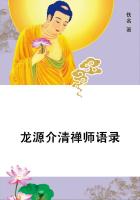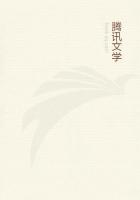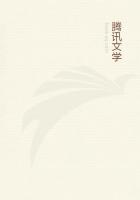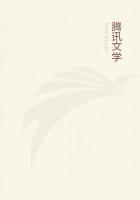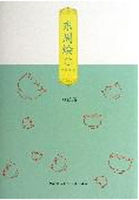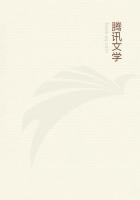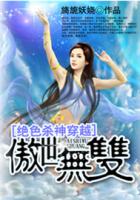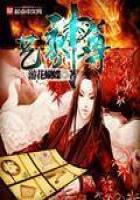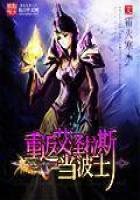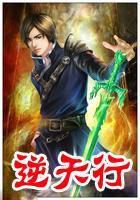The laws of physics were at work before we were on earth, and continued to work on us long before we had intelligence enough to perceive, much less understand, them. Our proven knowledge of these processes constitutes "the science of physics"; but the laws were there before the science.
Physics is the science of material relation, how things and natural forces work with and on one another. Ethics is the science of social relation, how persons and social forces work with and on one another.
Ethics is to the human world what physics is to the material world; ignorance of ethics leaves us in the same helpless position in regard to one another that ignorance of physics left us in regard to earth, air, fire and water.
To be sure, people lived and died and gradually improved, while yet ignorant of the physical sciences; they developed a rough "rule of thumb" method, as animals do, and used great forces without understanding them. But their lives were safer and their improvement more rapid as they learned more, and began to make servants of the forces which had been their masters.
We have progressed, lamely enough, with terrible loss and suffering, from stark savagery to our present degree of civilization; we shall go on more safely and swiftly when we learn more of the science of ethics.
Let us note first that while the underlying laws of ethics remain steady and reliable, human notions of them have varied widely and still do so.
In different races, ages, classes, sexes, different views of ethics obtain; the conduct of the people is modified by their views, and their prosperity is modified by their conduct.
Primitive man became very soon aware that conduct was of importance. As consciousness increased, with the power to modify action from within, instead of helplessly reacting to stimuli from without, there arose the crude first codes of ethics, the "Thou shalt" and "Thou shalt not" of the blundering savage. It was mostly "Thou shalt not." Inhibition, the checking of an impulse proven disadvantageous, was an earlier and easier form of action than the later human power to consciously decide on and follow a course of action with no stimulus but one's own will.
Primitive ethics consists mostly of Tabus--the things that are forbidden; and all our dim notions of ethics to this day, as well as most of our religions, deal mainly with forbidding.
This is almost the whole of our nursery government, to an extent shown by the well-worn tale of the child who said her name was "Mary." "Mary what?" they asked her. And she answered, "Mary Don't." It is also the main body of our legal systems--a complex mass of prohibitions and preventions. And even in manners and conventions, the things one should not do far outnumber the things one should. A general policy of negation colors our conceptions of ethics and religion.
When the positive side began to be developed, it was at first in purely arbitrary and artificial form. The followers of a given religion were required to go through certain motions, as prostrating themselves, kneeling, and the like; they were required to bring tribute to the gods and their priests, sacrifices, tithes, oblations; they were set little special performances to go through at given times; the range of things forbidden was broad; the range of things commanded was narrow. The Christian religion, practically interpreted, requires a fuller "change of heart" and change of life than any preceding it; which may account at once for its wide appeal to enlightened peoples, and to its scarcity of application.
Again, in surveying the field, it is seen that as our grasp of ethical values widened, as we called more and more acts and tendencies "right" and "wrong," we have shown astonishing fluctuations and vagaries in our judgment. Not only in our religions, which have necessarily upheld each its own set of prescribed actions as most "right," and its own special prohibitions as most "wrong"; but in our beliefs about ethics and our real conduct, we have varied absurdly.
Take, for instance, the ethical concept among "gentlemen" a century or so since, which put the paying of one's gambling debts as a well-nigh sacred duty, and the paying of a tradesman who had fed and clothed one as a quite negligible matter. If the process of gambling was of social service, and the furnishing of food and clothes was not, this might be good ethics; but as the contrary is true, we have to account for this peculiar view on other grounds.
Again, where in Japan a girl, to maintain her parents, is justified in leading a life of shame, we have a peculiar ethical standard difficult for Western minds to appreciate. Yet in such an instance as is described in "Auld Robin Gray," we see precisely the same code; the girl, to benefit her parents, marries a rich old man she does not love--which is to lead a life of shame. The ethical view which justifies this, puts the benefit of parents above the benefit of children, robs the daughter of happiness and motherhood, injures posterity to assist ancestors.
This is one of the products of that very early religion, ancestor worship; and here we lay a finger on a distinctly masculine influence.
We know little of ethical values during the matriarchate; whatever they were, they must have depended for sanction on a cult of promiscuous but efficient maternity. Our recorded history begins in the patriarchal period, and it is its ethics alone which we know.

